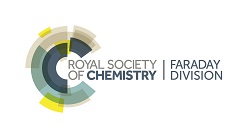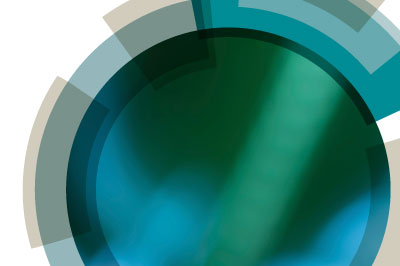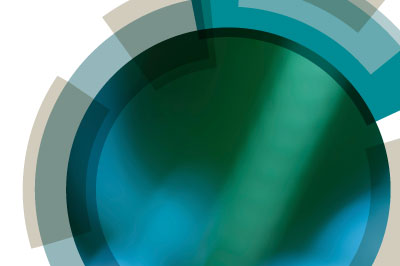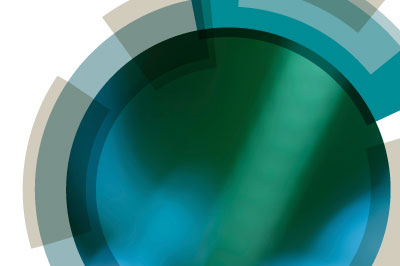The Royal Society of Chemistry are pleased to announce that this event will be moving online. This web page will be updated over the coming weeks with more details. If you have any questions please contact us at events@rsc.org
Welcome
Join us online in November 2020 for this virtual edition of our Faraday Discussion series.For over 100 years and 300 meetings, Faraday Discussions have been the forefront of physical chemistry. Many of these Discussions have become landmark meetings in their field. At this Faraday Discussion we aim to explore 2D materials with uniquely programmed physical and chemical properties tailored for technological applications. The Discussion will be of interest to established scientists, early career researchers and post-graduate students, and as an interdisciplinary topic, will be relevant to scientists from many different communities: physical/materials chemists, chemical engineers, biomaterial and biomedical scientists, and opto-electronics and photonics researchers.
I look forward to welcoming you at the Discussion online.
Paolo Samorì and Vincenzo Palermo
Chairs, Chemistry of 2-dimensional materials: beyond graphene.
Attendance
The Royal Society of Chemistry is keen to encourage and enable as many people as possible to attend our events, to benefit from the networking opportunities and the chance to hear talks from leaders in the field. If you would like to discuss accessibility, or have childcare, caring responsibilities or other care needs, please contact us to discuss your requirements so that we can enable your attendance. Please refer also to our Grants for carers fund, for more information please see the ‘bursaries’ section on this page.Format
Faraday Discussions have a special format where research papers written by the speakers are distributed to all participants before the meeting, and most of the meeting is devoted to discussing the papers. Everyone contributes to the discussion - including presenting their own relevant research. The research papers and a record of the discussion are published in the journal Faraday DiscussionsFind out more about the Faraday Discussions in this video
Scientific Themes
Graphene has extraordinary chemical and physical properties ensuring its use in opto-electronics, energy and biomedical applications. One of the greatest challenges is to develop and master chemical strategies for other 2D materials such as transition metal dichalcogenides. In nature one can find over 3000 layered compounds with different chemical compositions and structures thereby holding diverse physical properties.This Faraday Discussion will cover all areas related to other 2D materials' chemistry spanning from their theoretical/computational prediction to their synthesis and functionalization yielding 2D and 3D systems with tailor made physical properties - for composites, foams and coatings, membranes, (bio)sensing, (electro- and photo-)catalysis, energy conversion, harvesting and storage, (opto)electronics, nanomedicine and biomaterials.
The Discussion will focus on the following four themes:
2D materials production and generation of functional inks
In this session we will discuss the methods for the isolation/production of transition metal dichalcogenides and other non-graphene based 2D materials with ad-hoc physical properties. The discussion will include the functionalization of 2D materials to generate functional inks holding novel or improved physical properties compared to those of the 2D materials itself.
Biomedical applications
In this session we will discuss: a) current state-of-the-art in the development and use of 2D materials in biological applications; b) determine the most advanced applications using 2D material components towards clinical use; c) the unique properties that 2D materials offer for in vivo and in vitro potential applications.
Applications in energy
In this session we will discuss the controlled functionalization of 2D materials for their use as active components in applications for energy storage (especially batteries and micro-/super-capacitors) and energy generation (solar cells and water splitting).
Applications in opto-electronics
In this session we will discuss the tuning of the properties of 2D materials for their application in opto-electronics such as field-effect transistors, photodetectors and memory devices.
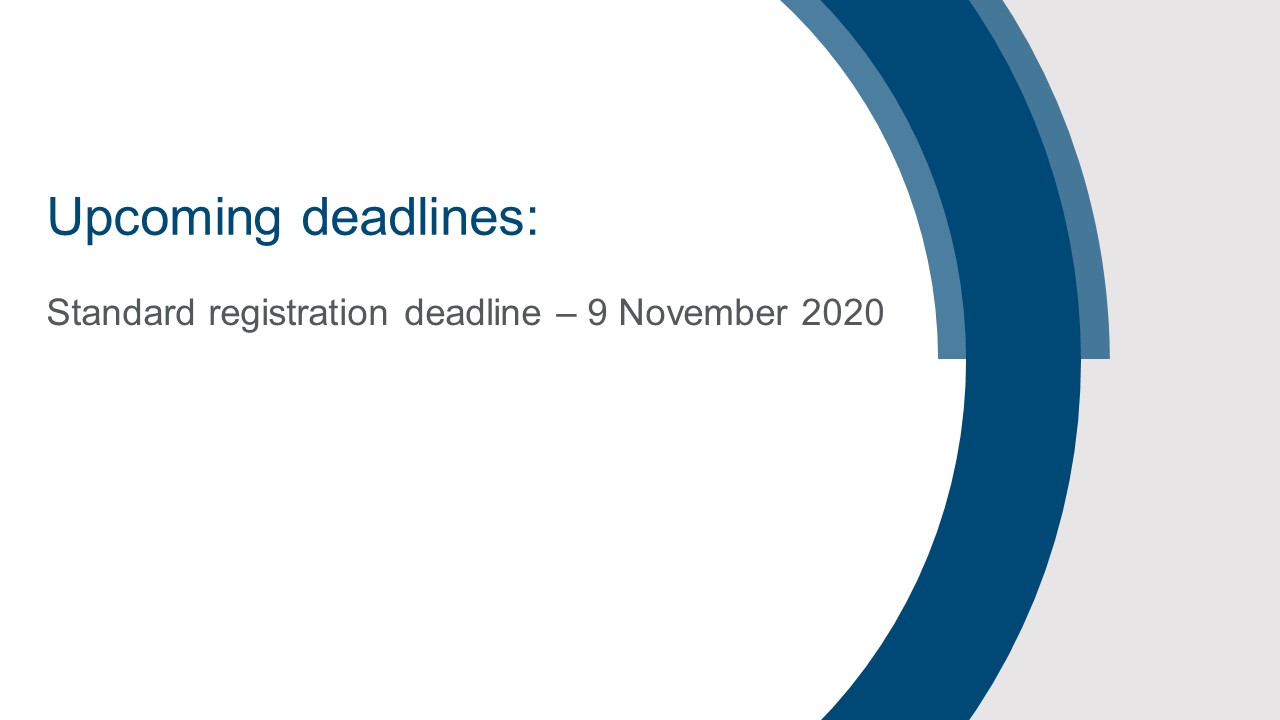
Useful links
Downloads
- Programme
- Virtual Event FAQ document
- Preprints - session one - 2D materials production and generation of functional inks
- Preprints - session two - Applications in opto-electronics
- Preprints - session three - Biomedical applications
- Preprints - session four - 3-dimensional graphene-like structures and applications




